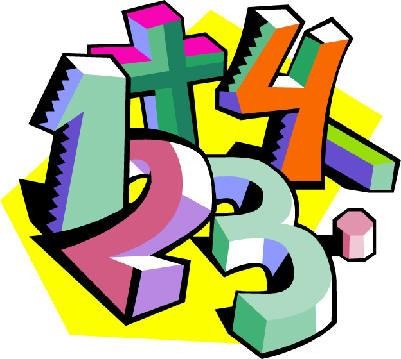The Maths Curriculum at Benwick Primary School
Intent
At Benwick Primary school it is our intention to teach a mathematics curriculum, which is accessible to all and will maximise the mathematical development of every child. Our lessons are creative and engaging employing all aspects of visual, auditory and kinaesthetic learning so enable all learning styles to be catered for and making learning enjoyable. We want the children to see the relevance of mathematics in the everyday world around them and for the future and so use real life, practical experiences in our lessons.
It is vital that children develop fluency, mathematical reasoning and the ability to solve problems, through varied and daily practise with increasingly complex problems over time, so that pupils develop conceptual understanding.
We aim for all children to be confident to reason mathematically by making relationships and generalisations, and developing their own justification or proof using mathematical language and stem sentences. We encourage children to understand that making mistakes and having misconceptions is not a failure, it is an essential part of their mathematical learning.
At Benwick Primary it is our intent that all pupils are challenged and take ownership of their learning. We approach maths with positive, can do attitude and we promote the fact that ‘We can all do maths!’
Implementation
Our implementation is developed through secure understanding of the curriculum and subject area.
As a school we use White Rose Maths and implement Teaching for Mastery – this is used across EYFS, KS1 and KS2 allowing children to be exposed to a variety of different types of learning and problems. The White Rose Scheme of Learning guides our teaching of maths and it provides children with memorable experiences, in addition to diverse and rich opportunities from which children can learn and develop a range of transferable skills. White Rose is based on the mastery approach which is used so successfully in countries such as Singapore. It breaks the curriculum down into small, manageable steps that all children work on in daily lessons together. There is a distinct focus on number work. Children who have an excellent grasp of number make better mathematicians. Spending longer on mastering key topics helps to build a child’s confidence and help secure understanding. We look to reinforce number fluency throughout the year. This is done as mental and oral starters, in daily morning maths sessions and through weekly Number Talks.
Reasoning and problem solving are integral to the schemes and to our approach. We expect each lesson to have an element of fluency, reasoning and problem solving. It is through such activities that children see the real purpose of maths, and gain the most enjoyment and satisfaction.
Independent work provides the means for all children to develop their fluency further, before progressing to more complex related problems. Mathematical topics are taught in blocks, to enable the achievement of ‘mastery’ over time. Each lesson phase provides the means to achieve greater depth, with more able children being offered rich and sophisticated problems, as well as exploratory, investigative tasks, within the lesson as appropriate.
As a school we also use the approach of Build it, Draw it, Say it, and Write it. This is implemented through our teaching and through the use of working walls to support the children’s learning and understanding. Objects, pictures, words, numbers and symbols are everywhere. The mastery approach incorporates all of these to help children explore and demonstrate mathematical ideas, enrich their learning experience and deepen their understanding. Together, these elements help children to truly understand what they’ve learnt. All children, when introduced to a key new concept, should have the opportunity to build competency in this topic by taking this approach. Children are encouraged to physically represent mathematical concepts. Objects and pictures are used to demonstrate and visualise abstract ideas, alongside numbers, words and symbols.
Children and teachers have access to TTRockstars to regularly explore and practise times tables, which is a fundamental part of the curriculum.
Teachers also implement the schools agreed calculations policy for progression in written and mental calculations.

